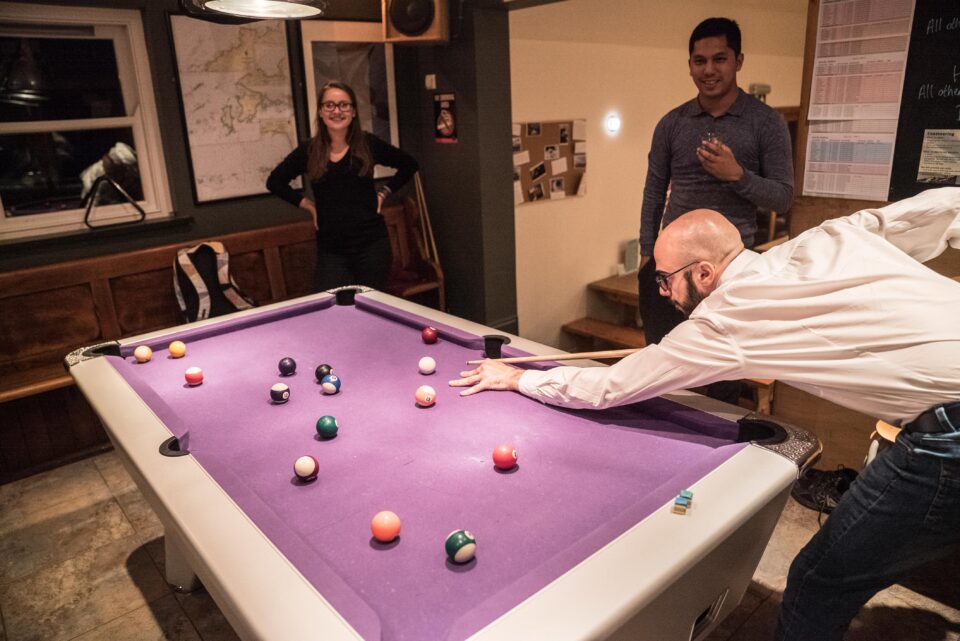Being a student is an exciting journey, filled with opportunities to learn, grow, and meet people from around the world. But it can also be overwhelming, with deadlines, exams, and the challenges of adjusting to a new environment. That’s why self-care is essential—not just this Self-Care Week, but every week.
Self-care is about taking time to pay close attention to your physical, mental, and emotional wellbeing. As a student, investing in self-care can improve your focus, reduce stress, and make your academic experience more enjoyable. Here’s how you can make self-care part of your routine.
Prioritise Sleep
- It’s tempting to pull all-nighters, but sleep is crucial for memory, concentration, and overall health. Aim for 7-8 hours of quality sleep each night.
- Establish a consistent bedtime routine. Dim the lights, avoid screens an hour before bed, and use relaxing activities like reading or listening to calming music to wind down.
- If you’re struggling with long naps or irregular sleep, try using apps like Calm or Headspace for guided sleep meditations.
Eat Well, Feel Well
- Your diet affects not just your physical health but also your mental well-being and energy levels. As a busy student, it’s easy to fall into the trap of relying on takeaways or skipping meals. Meal planning and prepping can save time and money while ensuring you have all the nutrients you need to be at your best. Companies like Hello Fresh and Simmereats send all the ingredients you need to meal-prep for the week.
- Dedicate an hour each week to meal prep. Cook simple, nutritious meals in batches, such as stir-fries, soups, or pasta dishes. Store these meals in the fridge or freezer for easy access during busy days.
- Keep healthy snacks on hand, such as nuts, fruits, or yoghurt, to avoid relying on vending machines or fast food during study sessions.

Stay Active
-
Exercise isn’t just good for your body—it’s also a powerful tool for improving mental health. Physical activity releases endorphins, boosts energy, and helps reduce stress. You don’t have to commit to intense workouts, even small amounts of movement can make a big difference.
-
Schedule short 20–30-minute exercise sessions into your weekly routine. Options like yoga, walking, dancing, or renting a Santander bike and cycling through the city, are fun and effective.
-
Take advantage of free or discounted student fitness classes, or explore London’s green spaces for a walk or jog. Hyde Park and Regent’s Park are excellent spots to unwind and get moving.
Time Management
- Time management is a form of self-care that helps prevent burnout. When you feel in control of your schedule, it’s easier to find time for relaxation and avoid last-minute stress.
- Use tools like planners and calendars to prioritise tasks and break large projects into smaller, more manageable steps.
- Find a technique that works for you, such as the Pomodoro technique which includes studying for 25 minutes, taking a 5-minute break, and repeat. This method keeps you productive while giving you regular rest periods.
Dedicate Time to Socialising
- Socialising is vital for mental and emotional wellbeing. When you’re caught up in assignments and deadlines, it’s easy to neglect socialising, but spending time with friends or meeting new people can help you recharge, especially if you’ve locked yourself in your room all day staring at a screen.
- Plan regular catch-ups with friends, even if it’s just for a quick coffee. Join student societies or team-based sports to meet like-minded individuals.
- Organise low-cost activities, such as group study sessions, dinner parties, or movie nights, to get to know other residents.

Take Mental Health Breaks
- Your brain needs downtime to process information and recover from stress. Spending too much time on screens or overworking yourself can lead to burnout. Add activities into your schedule that help you disconnect and relax.
- Set aside time each day to do something you enjoy, whether journaling, painting, or playing a musical instrument.
- Limit screen time by scheduling regular “tech-free” hours. Use this time to focus on offline hobbies or spend time outdoors.
Ask for Help When You Need It
- Recognising when you’re struggling and seeking support is an important form of self-care. If you’re feeling overwhelmed, reach out to your university’s counselling or well-being services. They can provide professional guidance and support.
- Talk to a trusted friend, mentor, or resident advisor. Sometimes, just sharing your concerns can lighten the load and getting a second opinion on anything troubling you can make your university experience more stress-free.
Have you also read these articles?
The Power of Self-Care: 10 Practical Tips for Prioritizing Your Mental Health

